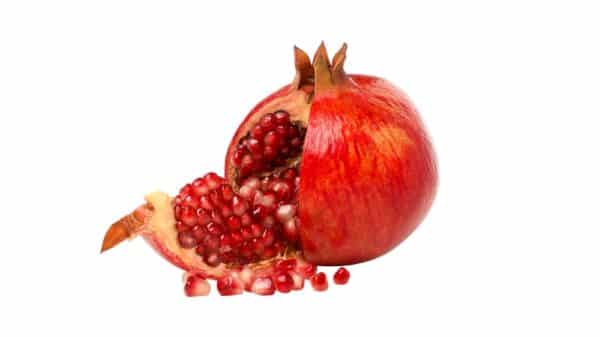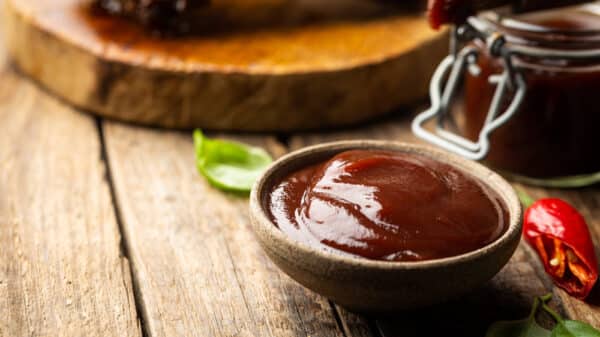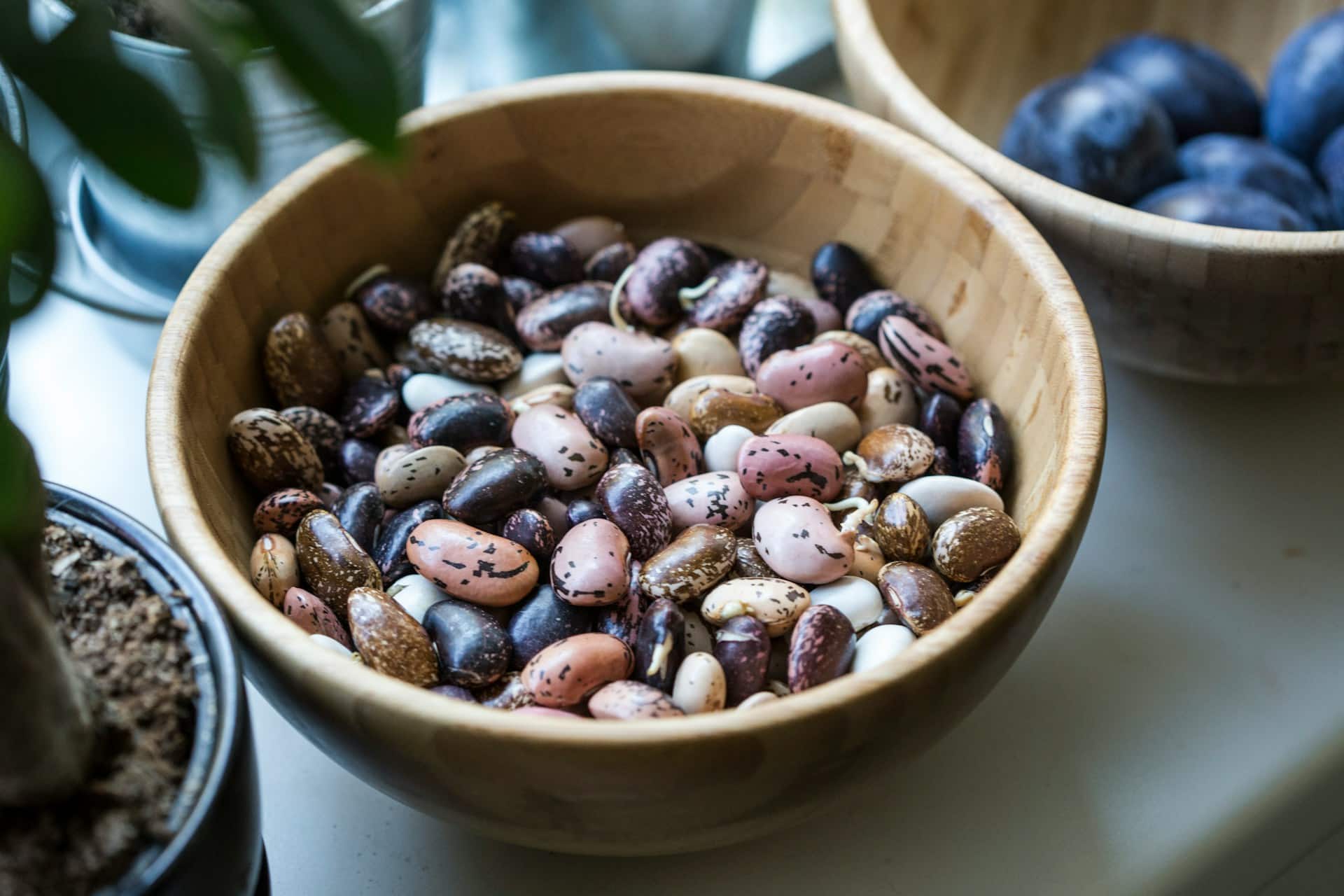You may recognize the playful jingle about beans being the “magical fruit,” and while it’s designed for laughs, it carries a kernel of truth. For many, beans are beloved not only for their taste and versatility but also for their incredible health benefits. However, the reality of gas, bloating, and digestive discomfort after indulging in beans can be discouraging. But don’t abandon these nutritional superheroes just yet. There are effective ways to savor their goodness while minimizing disruption to your digestive system.
Nutritional Benefits of Beans
Beans stand out as an economical source of nutrition, offering a wealth of fiber, plant-based protein, and essential nutrients such as potassium, magnesium, iron, and B vitamins. Numerous studies indicate that incorporating more beans into one’s diet can lead to improved nutrient absorption and even better weight management. They’ve been linked to lower rates of chronic diseases, making them an essential component of a balanced diet.
Yet, for those dealing with digestive distress, the journey with beans can feel like a tough uphill battle. Fortunately, there are practical strategies to ease this transition.
Start Small to Build Tolerance
If beans aren’t a staple in your diet, the key is to introduce them gradually. Dietitian Avery Zenker highlights that easing into beans allows your gut to adapt over time. Beans contain galacto-oligosaccharides (GOS), a type of carbohydrate that many people find challenging to digest, leading to gas production.
To get started, try incorporating just a quarter cup of beans daily. Initially, you may experience some gas and bloating, which is normal as your digestive system adjusts. Most people start to notice improvements in their gut comfort within a fortnight, so stick with it!
Soak and Rinse for Better Digestion
For those opting for dried beans, soaking is an essential step. Registered dietitian Sapna Peruvemba emphasizes soaking beans overnight and discarding the soaking water before cooking can significantly decrease gas-producing compounds. Research indicates that soaking beans for at least six hours can reduce GOS content by 10% to 40%, depending on the type.
Not a fan of dried beans? If you rely on canned beans, give them a thorough rinse. This simple action can help remove excess sodium and gas-inducing agents, enhancing your overall digestive experience.
Choosing the Right Beans
Sometimes, the specific type of bean can influence how your body reacts. While pinto or baked beans might cause digestive distress for some, alternatives like lentils, mung beans, or black-eyed peas tend to be gentler on the stomach. A study showed that only 19% of participants reported gas after consuming black-eyed peas, in contrast to 50% after eating pinto beans.
Listening to your body and experimenting with different varieties can help you discover which beans are the easiest on your digestive system.
Explore Digestive Enzymes
For those still struggling despite taking preventative measures, digestive enzymes like alpha-galactosidase may be worth considering. These enzymes work by breaking down difficult-to-digest fibers before they reach your colon, minimizing the chance of fermentation and resultant gas. However, it’s wise to consult a healthcare provider before introducing any new supplements into your routine, especially for safety and efficacy.
Enhance Gut Health with Simple Strategies
In addition to bean-specific tips, consider these general practices to support your digestive health:
– Go Low and Slow with Fiber: If you’re increasing fiber intake, particularly with beans, it’s crucial to do so gradually. This approach reduces the risk of discomfort. Staying sufficiently hydrated is also essential.
– Practice Deep Breathing: Stress and anxiety can impact digestion. Engaging in deep breathing exercises prior to meals can help set your body up for better digestive success.
– Take a Post-Meal Walk: A gentle 15 to 30-minute walk following meals can significantly aid digestion and reduce bloating. Research suggests it can be as effective as certain medications for alleviating post-meal fullness.
Conclusion: Embrace the Benefits of Beans
Beans undoubtedly offer a wealth of nutritional advantages, but the accompanying digestive issues can deter some from including them in their diets. If you find yourself in this category, don’t discard beans entirely. By starting with smaller portions, selecting more digestible types, soaking and rinsing, and considering digestive enzymes, you can enjoy the myriad benefits of beans while maintaining digestive comfort. Remember, be gentle with your gut and allow it the time needed to adjust to this powerful food source!
Image Source: Unsplash































